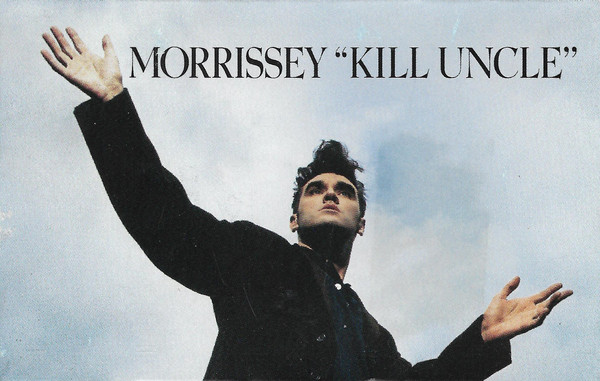Morrissey’s post-Smiths career got off to a flyer with the triumphant Viva Hate, but the general consensus is that he suffered a wobble with his second solo album, Kill Uncle. Released on 4 March 1991, to largely scathing reviews, the record even received a relatively muted fanfare from the singer’s ever-loyal fan base – but then it didn’t help that Morrissey himself felt he’d sired an underachiever.
Listen to Kill Uncle here.
“It will always be the orphaned imp”
“Recording something for the sake of recording delivered Kill Uncle unto the world, and I am finally up against the limits of my abilities, whilst surely not fooling anybody,” he later wrote in Autobiography. “Having been so right, it is suddenly shocking to be so wrong, yet Kill Uncle is number 8 in England and number 52 in the US. It will always be the orphaned imp that nobody wants, and even I – its mother and father – find it difficult to feed.”
As Morrissey concedes in the above reflection, Kill Uncle actually performed quite respectably in the charts following its original release, rewarding him with a silver disc in the UK – not a bad performance, bearing in mind that timing may also have caused it to be dismissed in some quarters. The album did, after all, appear in 1991: a year when a record peddling quintessentially English pop seemed glaringly anachronistic when put up against aggressive, zeitgeist-surfing US alt-rock records such as Nirvana’s Nevermind and Pearl Jam’s Ten.




